Eileen Barker, FBA, OBE, Professor Emeritus of Sociology, London School of Economics. Main research interest: ‘cults’, ‘sects’ and new religious movements, and social reactions to which they give rise. Since 1989 also investigating changes in religious situation in the post-communist countries of Eastern Europe; visiting Far East regularly past 12 years. Over 350 publications translated into 27 languages, including 10 sole-authored and edited books. In 1988, with the support of the British Government, she founded INFORM (www.Inform.ac), an educational charity providing information about minority religions that is as objective, contextualised and up-to-date as possible.
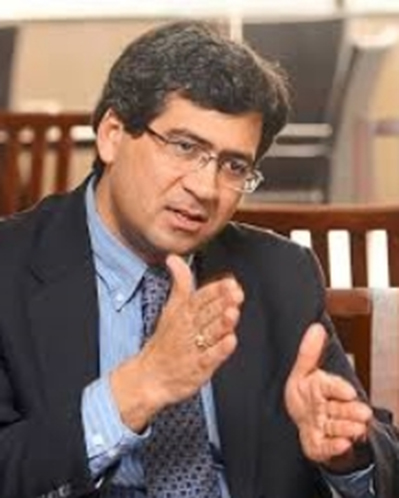
Timothy Samuel Shah is senior advisor and director of the Religious Freedom Institute's South and Southeast Asia Action Team and research professor of government at Baylor University’s Institute for Studies of Religion. He previously was associate director of the Berkley Center's Religious Freedom Project, director for international research of the center's Religious Freedom Research Project, and associate professor of the practice of religion and global politics in Georgetown University's Government Department. He is a political scientist specializing in religious freedom as well as in the broad relationship between religious and political dynamics in theory, history, and contemporary practice. He is author of God’s Century: Resurgent Religion and Global Politics (2011, with Monica Duffy Toft and Daniel Philpott) and editor of Under Caesar's Sword: How Christians Respond to Persecution (2018, with Daniel Philpott) and Homo Religiosus? Exploring the Roots of Religion and Religious Freedom in Human Experience (2018, with Jack Friedman). Shah received his AB, magna cum laude, in 1992 and a PhD in 2002, both from Harvard University.
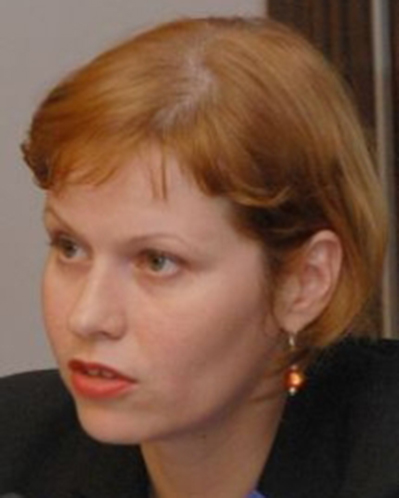
Professor Renáta Uitz started teaching at CEU in 2001 and became chair (director) of the Comparative Constitutional Law program in 2007. She is the founding co-director, with Professor Károly Bárd, of the clinical specialization at the Department of Legal Studies. Her teaching covers subjects in comparative constitutional law and human rights with special emphasis on the enforcement of constitutional rights. Theories and practices of good government, transition to and from constitutional democracy, questions of personal autonomy and equality, including religious liberty and sexual autonomy, are at the center of her research interests.
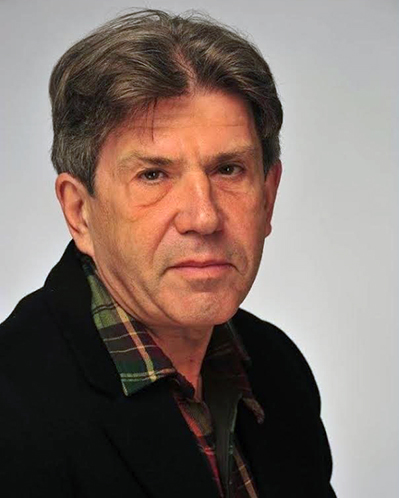
Dr. Lev Simkin is a professor at the Russian State Academy of Intellectual Property (Moscow, Russia). He received his Doctor of Juridical Sciences degree from Moscow State University. Dr. Simkin worked for the Ministry of Justice in a professorial and a specialist capacity. In 1993, Dr. Simkin was a member of Konstitutsionnoe Soveshanie that prepared a draft of the Russian Constitution. He received several awards from the Federal Bar Association and the Russian Internet Award in the Intellectual Property Protection category. Dr. Simkin is an author of numerous books and articles on state/denominational relations.
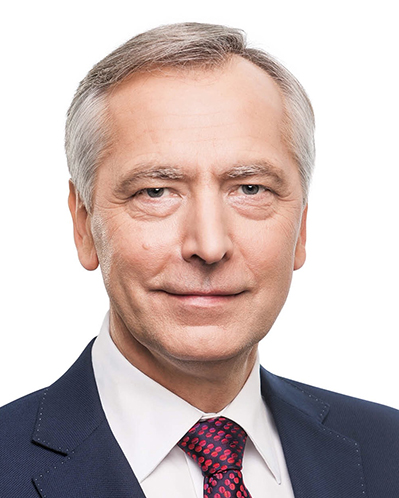
Dr. Ján Figel’ has undertaken pioneering work as the first Special Envoy for Promotion of Freedom of Religion or Belief (FoRB) outside the European Union. After a distinguished career in both academia and politics in Slovakia, he was appointed a Commissioner of the European Union for Education, Training, Culture and Youth. He took part in founding the Christian Democratic Movement (KDH) in Slovakia and was appointed the First Deputy-Prime Minister of the Government of Slovakia and Minister of Transport, Construction and Regional Development 2010-2012. He served as Vice-President of the National Council of the Slovakia Republic between 2012-2016 when he was appointed Special Envoy for Religious Freedom.
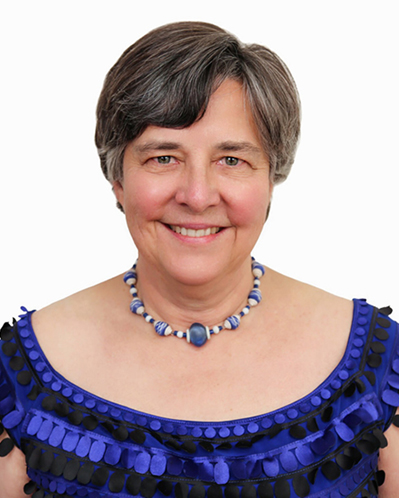
Katherine Marshall has worked for over four decades on international development, focusing on the world’s poorest countries. A senior fellow at Georgetown University’s Berkley Center for Religion, Peace and World Affairs and Professor of the Practice of Development, Religion, and Conflict in the School of Foreign Service, she is the executive director of the World Faiths Development Dialogue (WFDD), a non-governmental organization born in the World Bank. WFDD’s mission (and center of Marshall’s current work) is to bridge gulfs separating the worlds of development and religion. During a long career at the World Bank, her leadership assignments focused on Africa, Latin America, and East Asia and, most recently, counselor to the Bank’s president on ethics, values, and faith in development. She holds or has held various board positions including the International Shinto Foundation, InspirAction, AVINA Americas, the Opus Prize Foundation, and the International Anti-Corruption Conference Advisory Board; she served as a Trustee of Princeton University and is a member of the Council on Foreign Relations. Recent books include The World Bank: From Reconstruction to Development to Equity (Routledge 2008), Global Institutions of Religion: Ancient Movers, Modern Shakers (Routledge 2013), and (coedited with Susan Hayward) Women, Religion, and Peacebuilding: Illuminating the Unseen (US Institute of Peace).
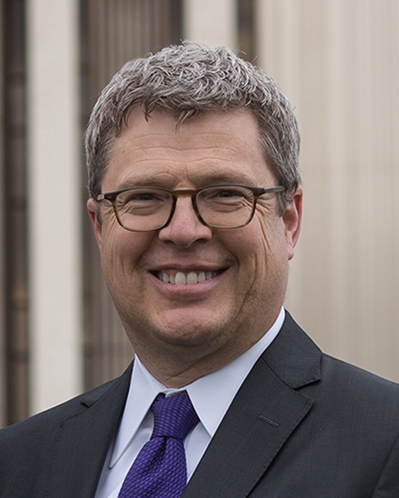
Brett G. Scharffs is Rex E. Lee Chair and Professor of Law and Director of the International Center for Law and Religion Studies at Brigham Young University Law School. He received a BSBA in international business and an MA in philosophy at Georgetown University and, as a Rhodes Scholar, earned a BPhil in philosophy at Oxford. He received his JD from Yale Law School, where he was senior editor of the Yale Law Journal. He is a recurring visiting professor at Central European University in Budapest and at the University of Adelaide Law School. He has for several years helped organize certificate training programs in religion and the rule of law in China and in Vietnam and has taught and helped organize programs at several Indonesian universities on sharia and human rights. Author of more than 100 articles and book chapters, he has made more than 300 scholarly presentations in 30 countries. His casebook, Law and Religion: National, International and Comparative Perspectives (with Cole Durham, 2nd English edition forthcoming 2017), has been translated into Chinese and Vietnamese, with Turkish, Burmese, and Arabic in process. He is author with Elizabeth Clark of Religion and Law in the USA, a 2016 contribution to Wolters Kluwer’s International Encyclopaedia of Laws.
